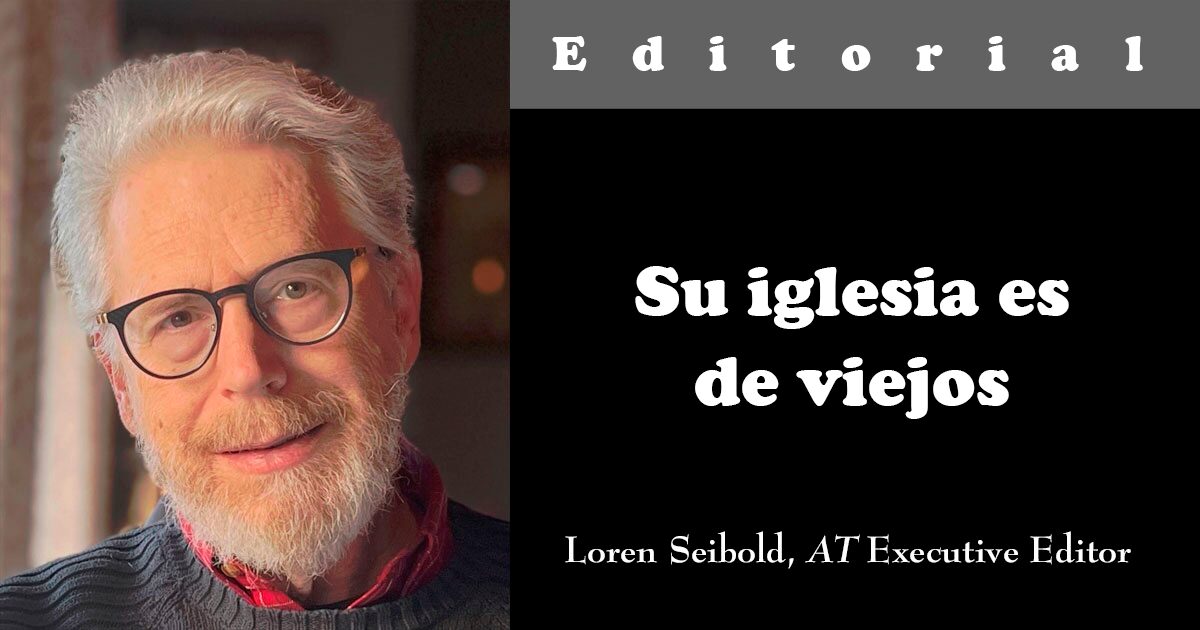
19 May 2025 | Dear Aunt Sevvy, In Luke 21 where Jesus is talking about the destruction of Jerusalem and the end of time, he said, “They will put some of you to death” (v.16), followed by “not a hair of your head will perish” (v.18). What did Jesus mean by these seemingly contradictory statements? […] Source: https://atoday.org/aunty-ive-encountered-some-passages-in-the-bible-that-directly-contradict-others-how-can-that-be/

 (
(


